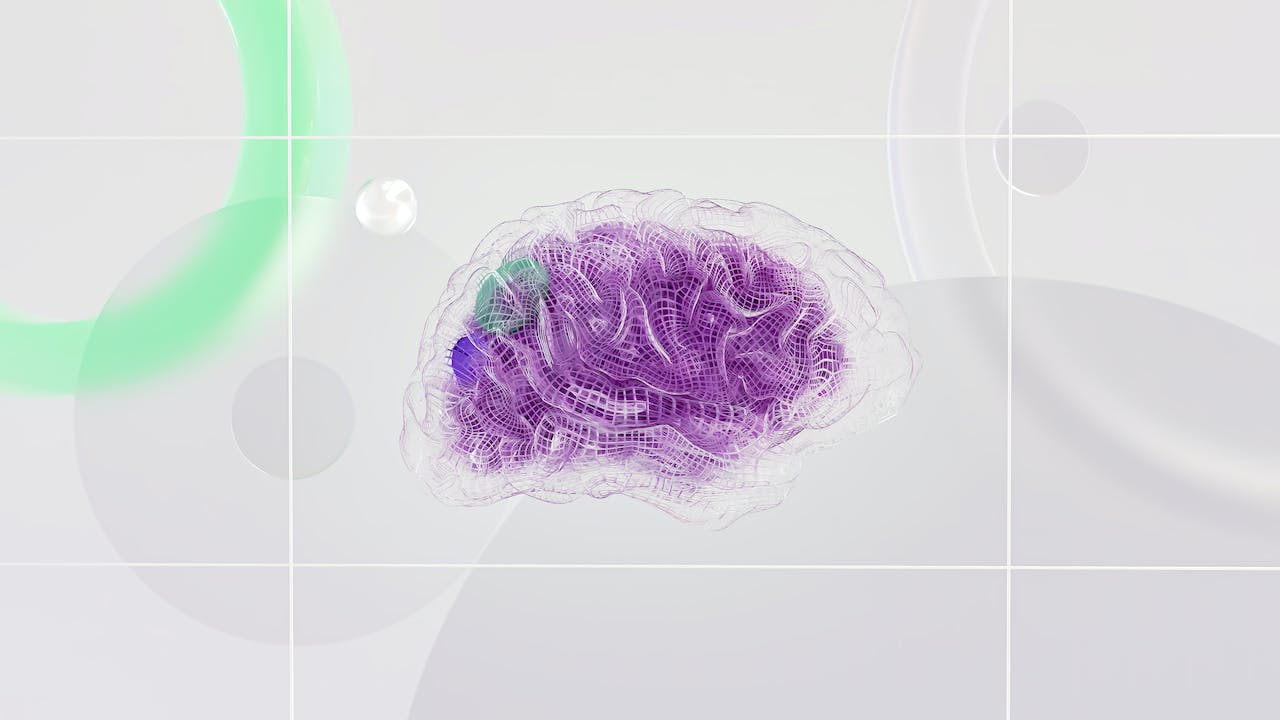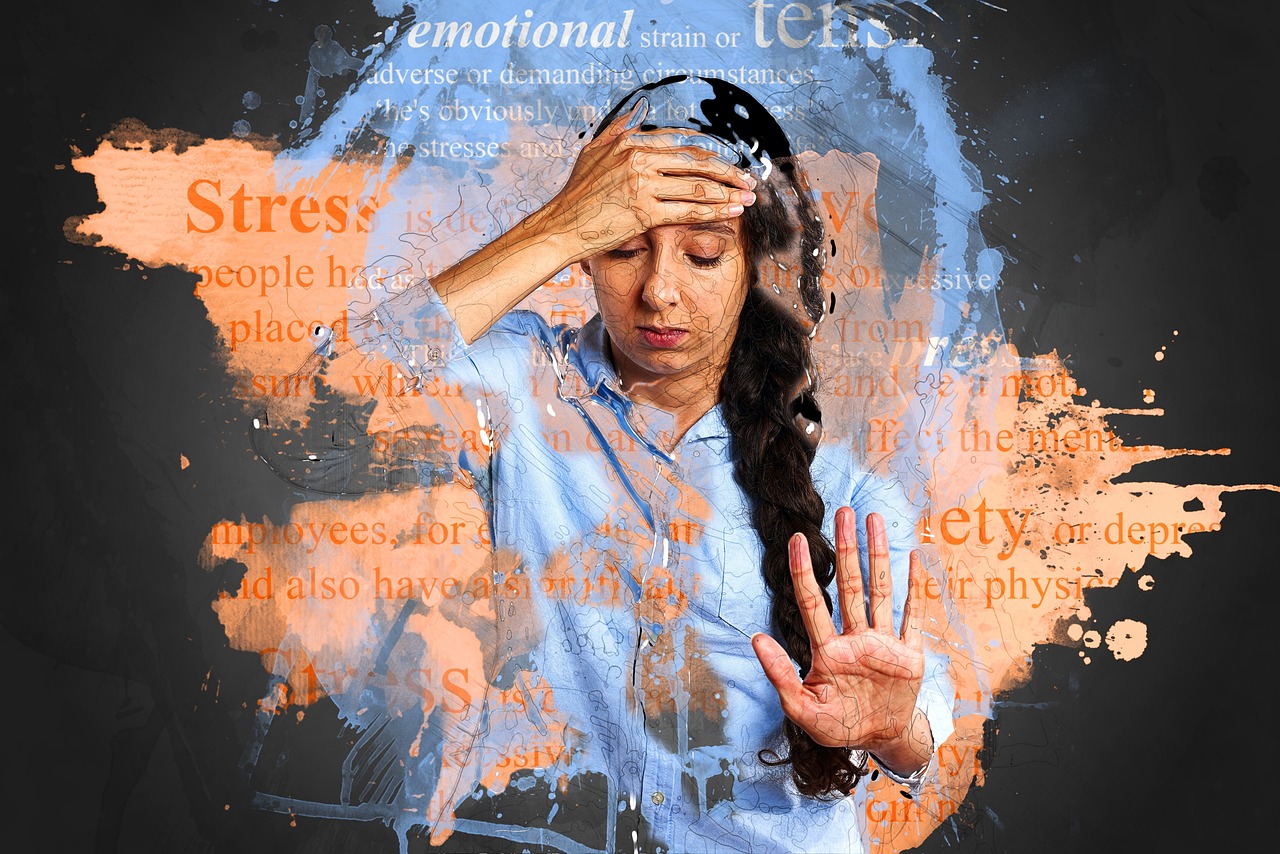Comments
- No comments found

Anxiety, that relentless and often crippling foe, is a pervasive and perplexing condition that affects millions of people worldwide.
Whether it manifests as a constant, nagging worry or paralyzing panic attack, the impact of anxiety on one's life cannot be overstated. Fortunately, we are living in an age of unprecedented scientific understanding and technological innovation. In this article, we will delve into the fascinating world of anxiety research, shedding light on how science is unraveling the mysteries of the anxious mind and offering new hope for those who seek relief. From cutting-edge therapies to brain-changing practices, we'll explore the promising developments that are reshaping the landscape of anxiety treatment.

Anxiety is a multifaceted emotional state, intricately woven into the tapestry of human psychology. It can be triggered by various factors, including stress, trauma, genetics, or even chemical imbalances in the brain. This complexity makes treating anxiety conditions a formidable challenge. However, modern science is progressively demystifying the mechanisms behind anxiety, opening up exciting avenues for treatment and, ultimately, peace.
One of the most promising developments in the realm of anxiety research is the growing understanding of neuroplasticity, the brain's remarkable ability to rewire itself in response to experiences. While once thought of as a fixed and unchanging organ, we now know that the brain can adapt and reorganize its neural connections, even in adulthood. This concept is at the heart of many innovative anxiety treatments.
Cognitive-behavioral therapy, commonly referred to as CBT, is a cornerstone in treating anxiety conditions. It is firmly grounded in the principle of neuroplasticity. CBT empowers individuals to recognize and challenge distorted thought patterns and behaviors that fuel anxiety. By consistently doing so, new neural pathways are formed, leading to healthier thinking and reduced anxiety. This evidence-based approach has proven highly effective for many, offering lasting relief without the need for medication.
Mindfulness and meditation practices are also gaining recognition as powerful tools for reshaping the anxious brain. These techniques encourage individuals to stay present at the moment, cultivating an awareness of their thoughts and feelings without judgment. Studies have shown that regular mindfulness practice can lead to increased gray matter in brain regions associated with emotion regulation. As a result, anxiety symptoms tend to diminish, as the brain becomes more adept at managing stress and anxiety triggers.
Neurofeedback, a cutting-edge therapeutic approach, has shown great promise in treating anxiety conditions. This non-invasive technique involves monitoring brain activity and providing real-time feedback to individuals. By rewarding the brain for desirable patterns of activity, it learns to function in a more balanced and controlled manner. Over time, this can significantly reduce anxiety symptoms, giving patients a newfound sense of control over their emotional well-being.
While non-pharmacological treatments like CBT and mindfulness have their merits, pharmaceutical advancements in anxiety treatment should not be overlooked. Antidepressants and anxiolytics have come a long way in terms of both efficacy and tolerability. Today's medications are designed to target specific neurotransmitters involved in anxiety, offering relief to many who have struggled to find a solution through other means.
Beyond therapies and medications, lifestyle factors play a critical role in rewiring the anxious brain for peace. Regular exercise, a balanced diet, and sufficient sleep can positively impact brain chemistry, making anxiety more manageable. Additionally, the reduction of alcohol and caffeine intake, as well as the avoidance of recreational drugs, can help mitigate anxiety symptoms. A holistic approach to treatment often includes these lifestyle adjustments in conjunction with therapy or medication.
Recent research has illuminated the intricate relationship between the gut and the brain. The gut microbiome, composed of trillions of microbes residing in our digestive system, has been shown to influence mood and anxiety levels. Some studies suggest that a healthy gut can reduce inflammation and modulate the production of neurotransmitters related to anxiety. As such, diet and the use of probiotics are emerging as potential strategies for those seeking to rewire their anxious brains.

Support networks and social connections are the unsung heroes in the battle against anxiety. Human beings are inherently social creatures, and the power of a strong support system cannot be overstated. Whether it's family, friends, or a support group, having people who genuinely understand and care about your struggles can provide invaluable emotional relief. Sharing your anxieties and fears with trusted individuals can create a sense of belonging and solidarity that is essential to the healing process. Knowing that you're not alone in your journey can be a powerful source of strength, motivation, and comfort, ultimately contributing to the rewiring of your anxious brain for peace.
The road to recovery from anxiety is a transformative journey, one that demands courage, perseverance, and self-compassion. It's a path that may have its twists and turns, but it's marked by small victories and moments of growth. Recovery is not a destination; it's a process that involves understanding, managing, and ultimately reducing the impact of anxiety on your life. It's about learning to rewire your brain, reframe your thoughts, and reshape your habits. While the journey may not always be easy, the destination—a life with greater peace, resilience, and emotional well-being—is worth every step taken. It's important to remember that recovery is a deeply personal experience, and what works best for one person may not be the same for another. Embrace your unique path, seek the support you need, and never lose sight of the hope that fuels your pursuit of a more anxiety-free life.
In conclusion, the science behind treating anxiety conditions is unraveling the mysteries of this complex and pervasive condition. From harnessing the power of neuroplasticity to the emerging field of neurofeedback, individuals are discovering new avenues to rewire their anxious brains. By incorporating lifestyle changes, seeking support from loved ones, and exploring a range of therapeutic options, those battling anxiety can find a path to peace and emotional well-being. The key is to stay informed, remain open to new approaches, and remember that, with time and dedication, anxiety can be unraveled, and a more peaceful state of mind can be achieved.
Leave your comments
Post comment as a guest